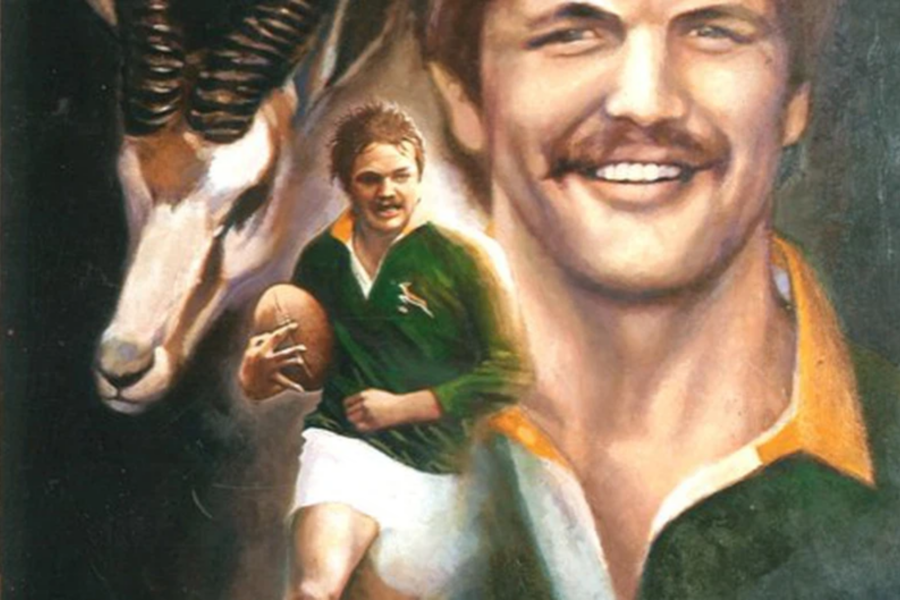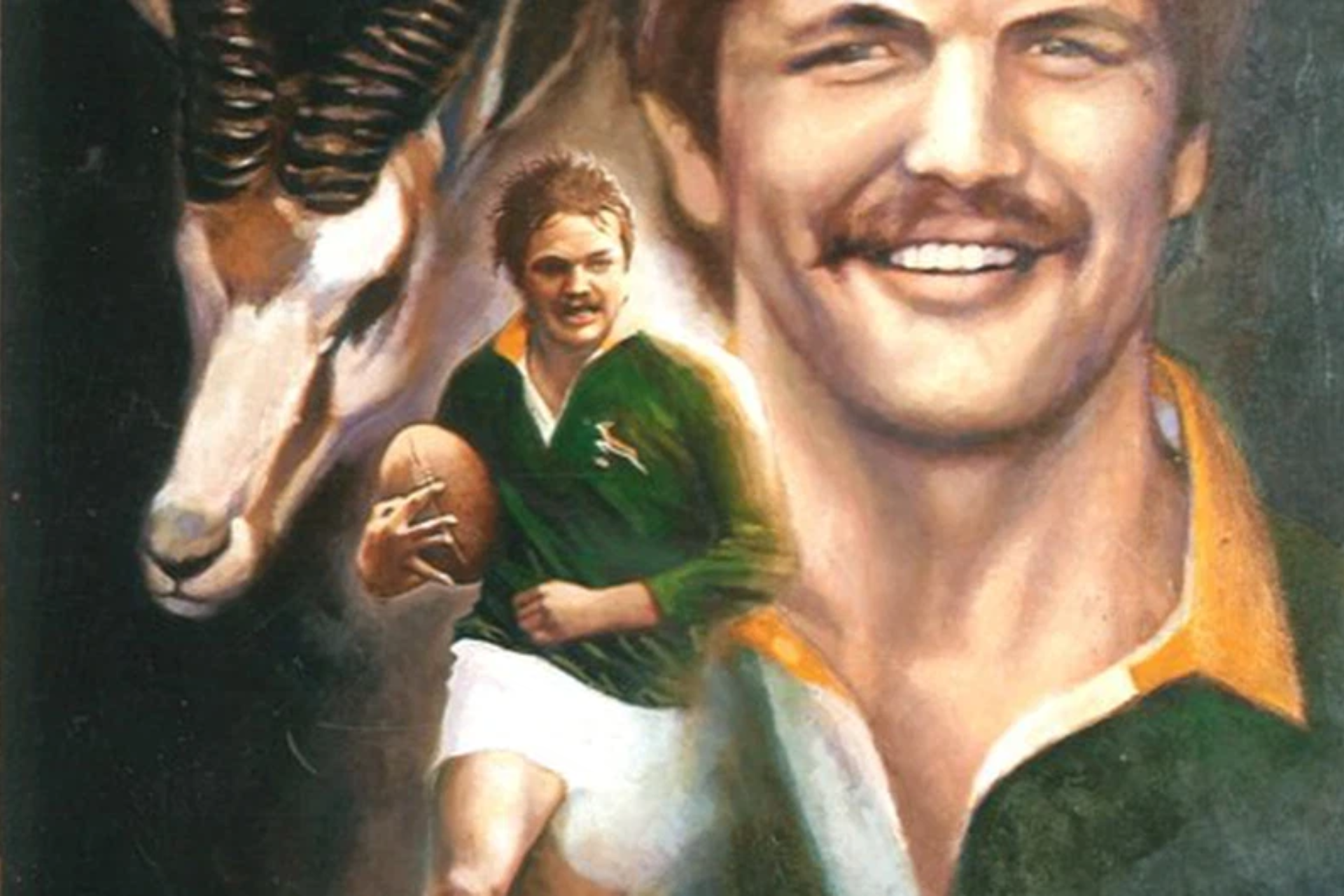
Former Springbok captain in critical condition after car accident
Concerning reports have emerged that former Springbok forward Theuns Stofberg was seriously injured in a car accident.

Theuns Stofberg, who played 21 Tests for the Springbok team between 1976 and 1984, was reportedly rushed to hospital on Monday night after he was involved in a serious car accident outside Stellenbosch in the Cape.
A relative confirmed to News24 that Stofberg is still in a critical condition after suffering several internal injuries following what was allegedly a head-on collision involving three vehicles.
Thoughts and best wishes from all at SA People go out to the 68-year-old and his family.
ALSO READ: Pollard ‘on the edge of being fully fit’, but soon heading home
STOFBERG WAS A WELL-KNOWN FORMER SPRINGBOK
The flanker made his debut for the Springboks against New Zealand in 1976, and would go on to score six tries in 21 Tests. He also captained the team on four occasions.
He was chosen as skipper of the two-Test series against England in 1984 and he scored his last Test try in the second and final Test of that series. After that he announced his retirement.
According to the Afrikanergeskiedenis, “after Stofberg obtained his degree in physiotherapy, he was called up to Pretoria for his military service, which meant that he played for the then Northern Transvaal and won the Currie Cup under the legendary coach Brig. Buurman van Zyl. After completing his military service, he moved to Cape Town in 1982 where he ran his practice as a physiotherapist. During this time he became part of the Western Province team that won the Currie Cup every year until 1986, although he only played until 1984.
“Theuns practiced as a physiotherapist until 2008, but due to problems with his health, he and his wife started a business that takes tour groups abroad. He was attending a rugby test in England when he suddenly fell seriously ill. He was later diagnosed with Churg Strauss syndrome; it is a disease that affects the veins and arteries and can result in respiratory tract infection and asthma, which meant he could no longer practice as a physiotherapist.”
